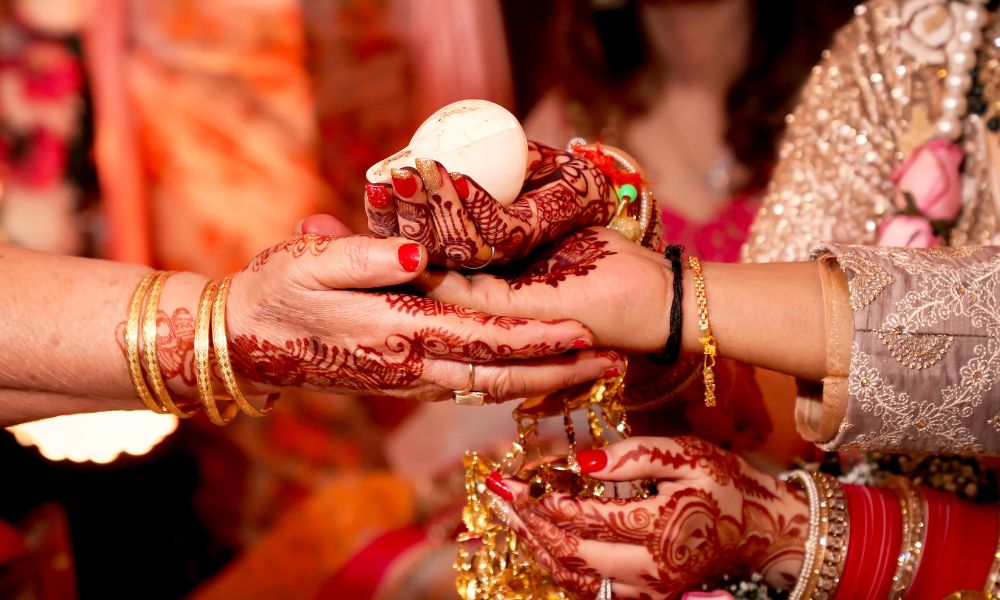
In the bustling landscape of Indian marriages, one can’t help but notice the distinct prominence of arranged marriages over love marriages. Despite the global trend shifting towards the latter, arranged marriages continue to thrive in India. This phenomenon begs the question: why are arranged marriages often perceived as more successful than love marriages in the Indian context? Let’s delve into this intriguing topic.
Understanding Arranged Marriages
Arranged marriages in India are a centuries-old tradition rooted in cultural, familial, and societal norms. In this setup, families play a pivotal role in finding suitable matches for their children based on factors like caste, religion, socio-economic status, and compatibility. While the idea of marrying a stranger may seem archaic to some, arranged marriages are deeply ingrained in Indian society, fostering a sense of familial unity and stability.
The Role of Compatibility
Contrary to popular belief, arranged marriages prioritize compatibility as a crucial factor in the matchmaking process. Families meticulously analyze various aspects such as education, career goals, values, and lifestyle preferences to ensure a harmonious match. While love marriages may initially be based on romantic feelings, compatibility issues often surface later, leading to conflicts and misunderstandings.
Don’t Miss: Top 10 Best Matrimonial Sites in India
Family Support and Guidance
One of the significant advantages of arranged marriages is the unwavering support and guidance provided by families throughout the marital journey. From the initial introductions to navigating through challenges, families act as pillars of strength, offering valuable advice and mediation when needed. This extensive support network fosters a sense of security and belonging, which is invaluable in sustaining the marriage through thick and thin.
Cultural Alignment
Arranged marriages in India often entail the union of not just two individuals but two families, thereby fostering cultural alignment and cohesion. Shared cultural values, traditions, and customs form the foundation of these marriages, promoting mutual understanding and respect between spouses. In contrast, love marriages may struggle to reconcile differences in cultural backgrounds, leading to friction and discord within the relationship.
Commitment and Sacrifice
Arranged marriages instill a deep sense of commitment and sacrifice, as individuals prioritize the collective well-being of the family over personal desires. Couples in arranged marriages understand that their union extends beyond mere companionship and encompasses familial obligations and responsibilities. This mindset fosters resilience and perseverance, enabling couples to weather the storms of life together with unwavering resolve.
Don’t Miss: Should you Marry Late or Stay Single?
Long-Term Perspective
Arranged marriages often emphasize a long-term perspective, focusing on building a stable foundation for the future. Couples are encouraged to invest time and effort in nurturing their relationship, regardless of initial feelings or attraction. This pragmatic approach fosters gradual growth and deepens the emotional bond between spouses over time, resulting in a more enduring and fulfilling partnership.
The Blessings Matrimonials
Introducing The Blessings Matrimonials, the top marriage bureau in Delhi committed to helping you find your life partner. Benefit from our vast database and individualized matchmaking services, ensuring you connect with matches perfectly suited to your preferences. Rely on us to expertly navigate the intricacies of the matrimonial journey with professionalism and compassion. Embark on the journey to a joyous union with The Blessings Matrimonials, where blessings await you.
Conclusion
The success of arranged marriages in India can be attributed to a myriad of factors, including compatibility, family support, cultural alignment, commitment, and a long-term perspective. While love marriages certainly have their merits, arranged marriages offer a unique blend of tradition, stability, and resilience that contribute to their enduring success. Ultimately, the key to a successful marriage lies not in the method of union but in the unwavering dedication and mutual respect shared by the couple.
Don’t Miss: Why Punjabi Hindu Weddings are so Vibrant?